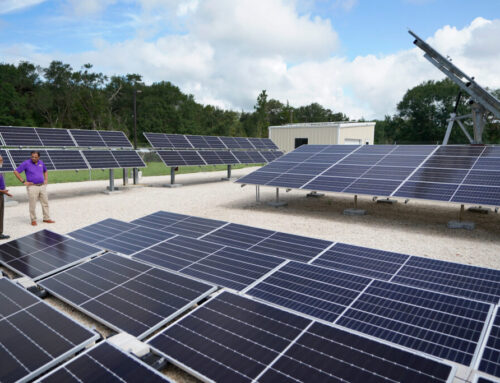Cannabis Control Commission finds evidence of test fraud, orders Mass. testing lab to clos
July 3, 2025

A major Massachusetts cannabis testing laboratory was orderedto cease operations Thursday night, following a suspension order from the Cannabis Control Commission, which cited the lab for downplaying the levels of contaminants in the cannabis it tested over the span of a year.
The suspension order, the first ever issued by the commission, alleges that Tyngsborough-based Assured Testing Laboratories failed to accurately report levels of mold and yeast it found in the cannabis it tested. Issued Monday, the order requires Assured — one of the state’s largest cannabis testing labs — to halt operations by midnight July 4.
“The Cannabis Control Commission (Commission) remains vigilant in its efforts to ensure consumers and patients have access to fairly and accurately tested products in the marketplace,” a Commission spokesperson said.
Assured has 21 days to appeal the decision. The company did not respond to requests for comment.
The suspension order marks the commission’s biggest step yet toward cracking down on alleged testing fraud. Cannabis testing fraud can include artificially inflating levels of THC, the chemical that causes a “high,” and underreporting contamination test failures.
Labs that misreport potency and contaminant levels attract growers and manufacturers seeking favorable test results for their products, ultimately allowing cannabis with mold or yeast above the regulatory limit to reach consumers, Globe reporting and data analysis in September showed.
In a lawsuit filed earlier this year, cannabis testing facility MCR Labs alleged eight of its competitors, including Assured, used deceptive practices to attract business by artificially inflating potency and ignoring failed test results for yeast, mold, lead, and pesticides.
“It’s gratifying to see the CCC take decisive action in the space, and we believe that this order moves all labs in the right direction, towards sound science and accountability,” said Yasha Kahn, vice president of marketing and data science at MCR, in a statement.
The Cannabis Control Commission task force found that Assured “established a pattern of failing to accurately report Total Yeast and Mold test results,” according to the order.
On average, about 4.5 percent of the marijuana tested in Massachusetts fails tests for yeast and mold because the levels exceed regulatory limits, according to the order. But from April 2024 to April 2025, Assured reported that just 0.05 percent — 10 out of 17,565 samples — failed tests because of contamination above the regulatory limit.
The commission found Assured’s practices posed an “immediate or serious threat to public health, safety or welfare.” Contaminated marijuana can cause respiratory issues, infections, and other health concerns.
Assured found low levels of yeast or mold, all below the regulatory limits, in about 7,200 samples. But the lab reported the levels as zero or undetectable, according to the order.
Assured did not report 544 failures, or samples that had values above the limit for yeast and moldcontamination, according to the order. The commission also found Assured reanalyzed 160 samples multiple times after initial tests indicated contamination above the limit.
During the time period described in the order, Assured processed 22,531 lab samples and performed assessments that included testing for total yeast and mold on 18,246 of them. That represented about 25 percent of all such tests in Massachusetts during that period, according to the order.
Stella Tannenbaum can be reached at stella.tannenbaum@globe.com.
Search
RECENT PRESS RELEASES
Related Post




